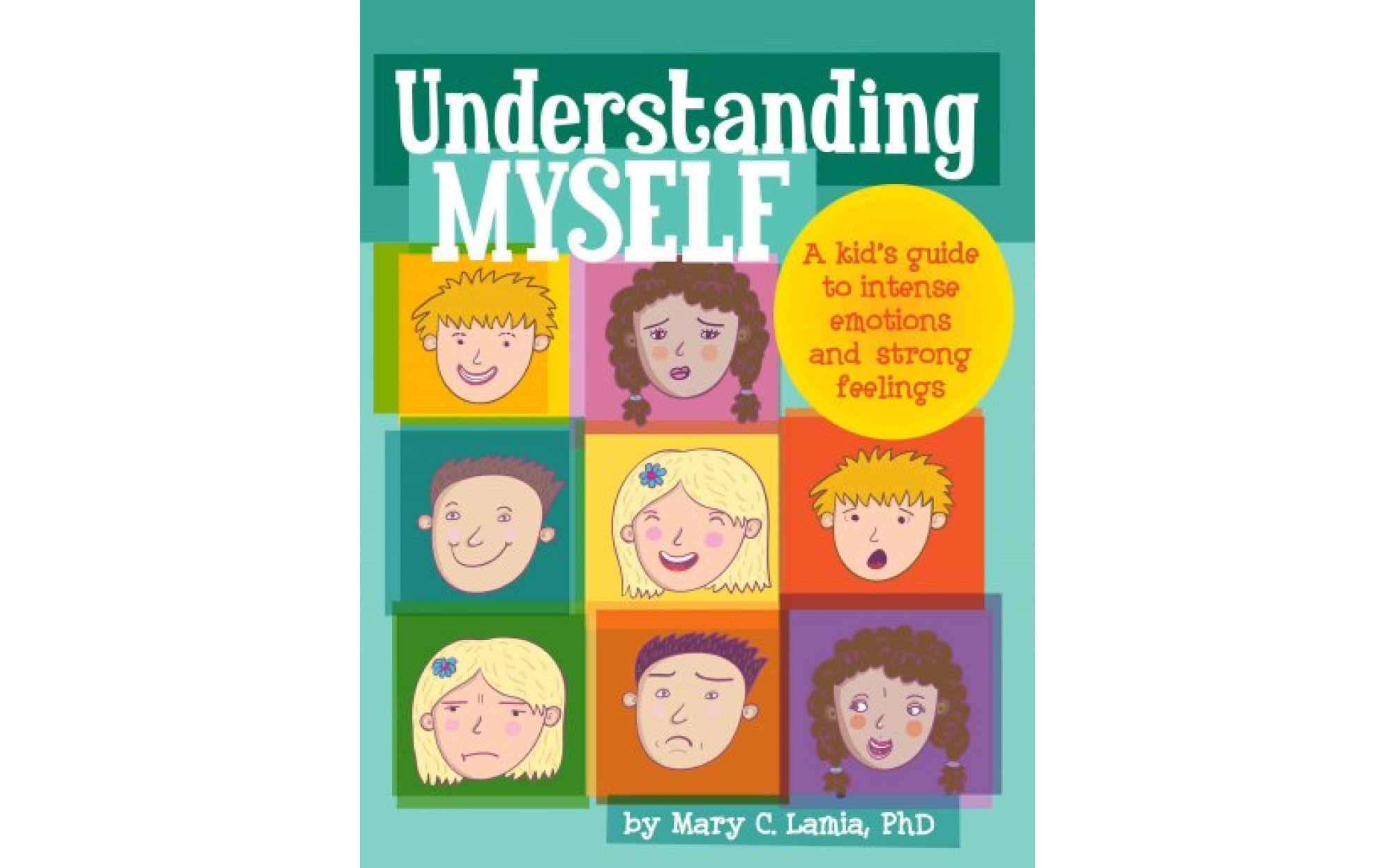Love Monster: A Guide To Understanding And Coping With Intense Emotions

Table of Contents
Identifying Your "Love Monster": Recognizing Intense Emotions
Understanding your emotions is the first step towards managing them. Learning to identify and label your feelings is crucial for developing effective coping mechanisms. This involves recognizing the spectrum of intense emotions and understanding how they manifest in your body and mind.
Understanding Different Types of Intense Emotions
Intense emotions exist on a spectrum. While some, like passionate love and intense joy, are generally considered positive, others, like anger, jealousy, and heartbreak, can be significantly more challenging to manage. It's important to acknowledge and accept the full range of human experience.
- Euphoria: Overwhelming joy, excitement, intense happiness. Think about the feeling of winning a major competition or receiving incredibly good news.
- Passionate Love: Intense feelings of connection, desire, and devotion towards another person. This can involve both exhilarating highs and vulnerable lows.
- Anger: Rage, frustration, irritation, resentment. This can manifest as physical tension, increased heart rate, and aggressive thoughts or behaviors.
- Jealousy: Resentment or insecurity over another person's perceived advantage, often related to relationships or possessions. It frequently brings feelings of inadequacy and possessiveness.
- Heartbreak: Sadness, grief, loss, despair. The physical effects can include exhaustion, sleep disturbances, and appetite changes.
These intense emotions often manifest both emotionally and physically. For example, anger might lead to clenched fists and rapid breathing, while heartbreak might manifest as fatigue and a loss of appetite. Recognizing these physical signs can be a valuable tool in identifying and managing your emotions.
Journaling as a Tool for Self-Discovery
Journaling provides a powerful tool for understanding your emotional landscape. Regularly writing about your experiences can reveal patterns, triggers, and the underlying causes of your intense emotions.
- What triggered this emotion? Identify situations, people, or thoughts that precede intense feelings.
- How did my body react? Note physical sensations like increased heart rate, muscle tension, or digestive issues.
- What thoughts accompanied this feeling? Explore the cognitive aspects of your emotional response. Were you catastrophizing, or engaging in negative self-talk?
- What coping mechanisms did I use? Reflect on how you responded to the intense emotion—were they healthy or unhealthy coping strategies?
Regular journaling promotes emotional awareness and helps you build a deeper understanding of your "Love Monster."
Strategies for Taming the Love Monster: Managing Intense Emotions
Once you've identified your intense emotions, the next step is to develop strategies to manage them effectively. This involves employing healthy coping mechanisms and practicing self-care.
Mindfulness and Meditation Techniques
Mindfulness practices help you observe your emotions without judgment, reducing emotional reactivity. By focusing on the present moment, you can create distance between yourself and your overwhelming feelings.
- Mindful Breathing: Focus on the sensation of your breath entering and leaving your body. Notice the rise and fall of your chest or abdomen.
- Body Scan Meditation: Bring awareness to different parts of your body, noticing any sensations without judgment. This can help you identify physical manifestations of emotional distress.
Mindfulness reduces emotional reactivity by fostering self-awareness and acceptance. Regular practice can significantly improve your ability to manage intense emotions.
Healthy Coping Mechanisms
Healthy coping mechanisms are essential for processing intense emotions constructively. These strategies help you regulate your feelings and prevent emotional overwhelm.
- Exercise: Physical activity releases endorphins, which have mood-boosting effects.
- Spending Time in Nature: Connecting with nature can reduce stress and promote relaxation.
- Creative Expression: Engaging in creative activities like painting, writing, or music can provide a healthy outlet for emotions.
- Talking to a Trusted Friend or Therapist: Sharing your feelings with someone you trust can provide support and perspective.
Avoid unhealthy coping mechanisms such as substance abuse, self-harm, or emotional eating, which can exacerbate emotional problems in the long run.
Setting Boundaries and Self-Care
Setting healthy boundaries in your relationships and prioritizing self-care are crucial for managing intense emotions. This means learning to say no, communicate your needs clearly, and protect your emotional wellbeing.
- Communicate your needs clearly and directly. Don't be afraid to express your boundaries to others.
- Learn to say no. It's okay to prioritize your own wellbeing over others' expectations.
- Prioritize regular sleep, a healthy diet, and relaxation techniques. These self-care practices are essential for managing stress and emotional reactivity.
Seeking Professional Help: When to Reach Out for Support
Sometimes, managing intense emotions requires professional support. Don't hesitate to reach out if you're struggling to cope independently.
Recognizing the Need for Professional Help
Seeking professional help is a sign of strength, not weakness. Consider seeking support if:
- You experience persistent emotional distress that impacts your daily life.
- You struggle to manage your emotions independently despite trying various coping mechanisms.
- You've experienced trauma or other significant life events that are causing overwhelming emotional distress.
Finding a Therapist or Counselor
Many resources are available to help you find a mental health professional:
- Online therapist directories (Psychology Today, GoodTherapy)
- Your insurance provider's network of mental health professionals
- Referrals from your primary care physician
Types of Therapy that Can Help
Several therapeutic approaches can be effective in managing intense emotions:
- Cognitive Behavioral Therapy (CBT): Helps identify and change negative thought patterns that contribute to emotional distress.
- Dialectical Behavior Therapy (DBT): Teaches skills to regulate emotions, improve relationships, and manage distress.
Conclusion
This guide provides a starting point for understanding and coping with your "Love Monster"—those intense emotions that can sometimes feel overwhelming. By identifying your triggers, practicing healthy coping mechanisms, and prioritizing self-care, you can learn to manage your emotions effectively and live a more fulfilling life. Remember, seeking professional help is a sign of strength, not weakness. If you're struggling to manage intense emotions, don't hesitate to reach out to a therapist or counselor. Take control of your emotional wellbeing and start your journey towards a healthier relationship with your "Love Monster" today.

Featured Posts
-
 Understanding The Love Monster Identifying And Managing Overwhelming Feelings
May 21, 2025
Understanding The Love Monster Identifying And Managing Overwhelming Feelings
May 21, 2025 -
 The Michael Strahan Interview A Ratings War Victory
May 21, 2025
The Michael Strahan Interview A Ratings War Victory
May 21, 2025 -
 Is The Sell America Trade Back Moodys And The 30 Year Yield
May 21, 2025
Is The Sell America Trade Back Moodys And The 30 Year Yield
May 21, 2025 -
 Understanding Tariff Fluctuations Fp Videos Global Perspective
May 21, 2025
Understanding Tariff Fluctuations Fp Videos Global Perspective
May 21, 2025 -
 Wwe News Mitb Qualifiers Rhea Ripley And Roxanne Perez
May 21, 2025
Wwe News Mitb Qualifiers Rhea Ripley And Roxanne Perez
May 21, 2025
